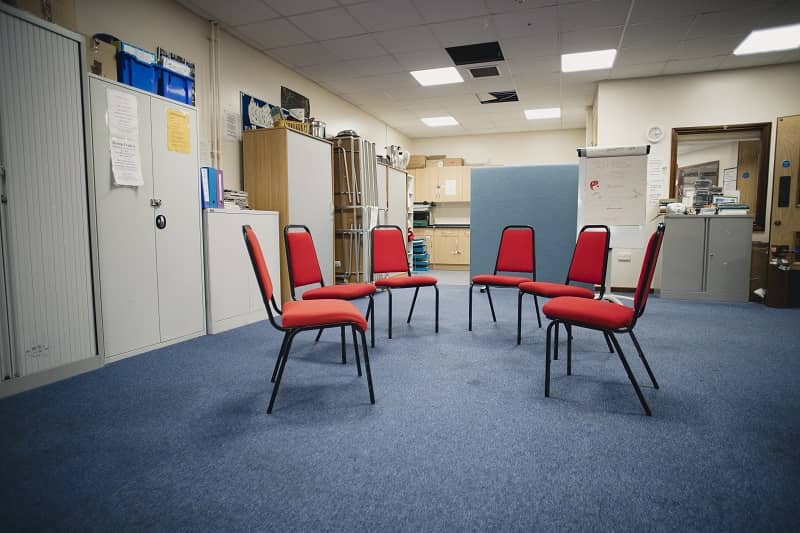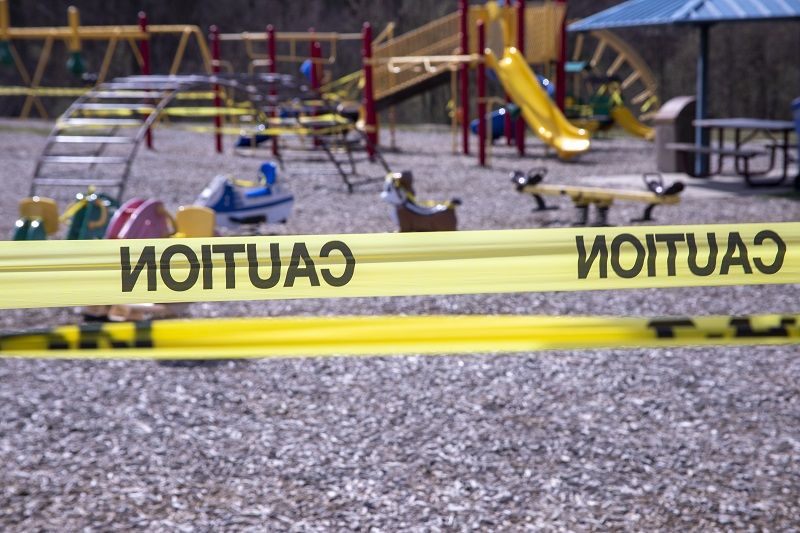The U.S. Supreme Court ObamaCare decision reinforces what British researcher John Spiers told Oregonians when he came here to study the Oregon Health Plan in 1999:
Political fixes in health care come unfixed fast.
They came unfixed for The Oregon Health Plan as pressure groups succeeded in eviscerating its rationing scheme, and they came unfixed for ObamaCare today as the highest court in the land struck it all down including its centerpiece, the individual mandate.
Oregonians should be happy that the Supreme Court ruled as it did. After all, it was just six years ago that the Court sided with the state against the federal government in a health care regulatory case. In Gonzales v. Oregon (2006), the Court upheld Oregon’s “right-to-die” law, approved twice by Oregon voters. The U.S. Attorney General argued that federal law pre-empted the state law.
The Court disagreed and found that states generally have wide discretion in regulating health and safety, including medical standards. Finding that the Bush Administration’s reading of the federal statute would mark “a radical shift of authority from the States to the Federal Government to define general standards of medical practice in every locality,” the Court ruled that Oregon could protect the rights of its citizens, at least in this specific instance.
ObamaCare was a far broader “radical shift of authority from the States to the Federal Government.” By striking it all down, including the onerous individual mandate, the Court recognized a bright line protecting every American against an overreaching federal government that tried to force us to purchase health insurance against our will. Any perceived reduction in health care benefits is far outweighed by the restoration of our personal liberty that the Court affirmed today.
The better chance for a lasting health care system fix involves empowering patients rather than marginalizing them. It involves giving them choices, and letting them do the inevitable rationing themselves, even if part of the money comes from public sources. And, again, it involves reaffirming that in America personal liberty is a cornerstone, not an afterthought, of our way of life.











